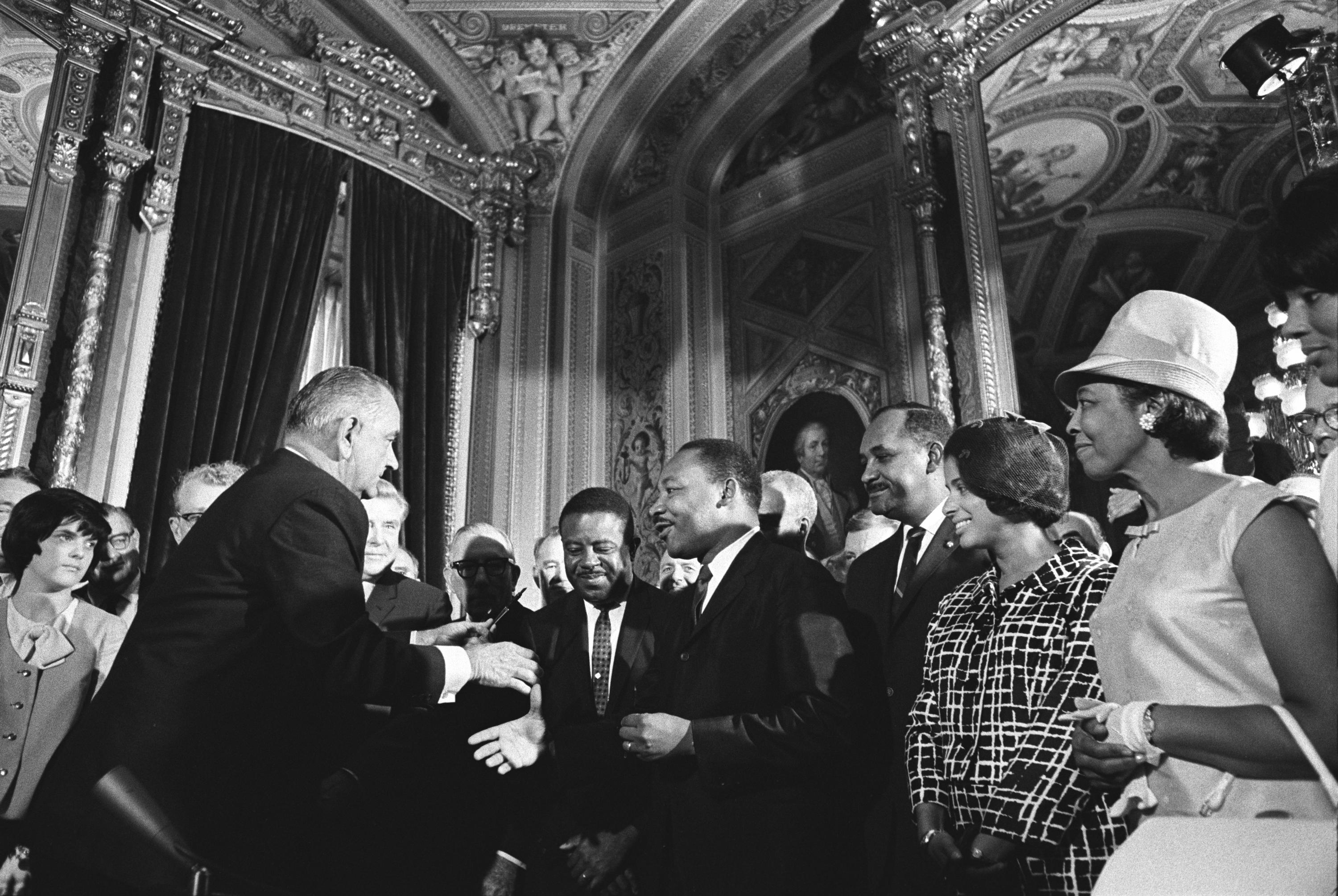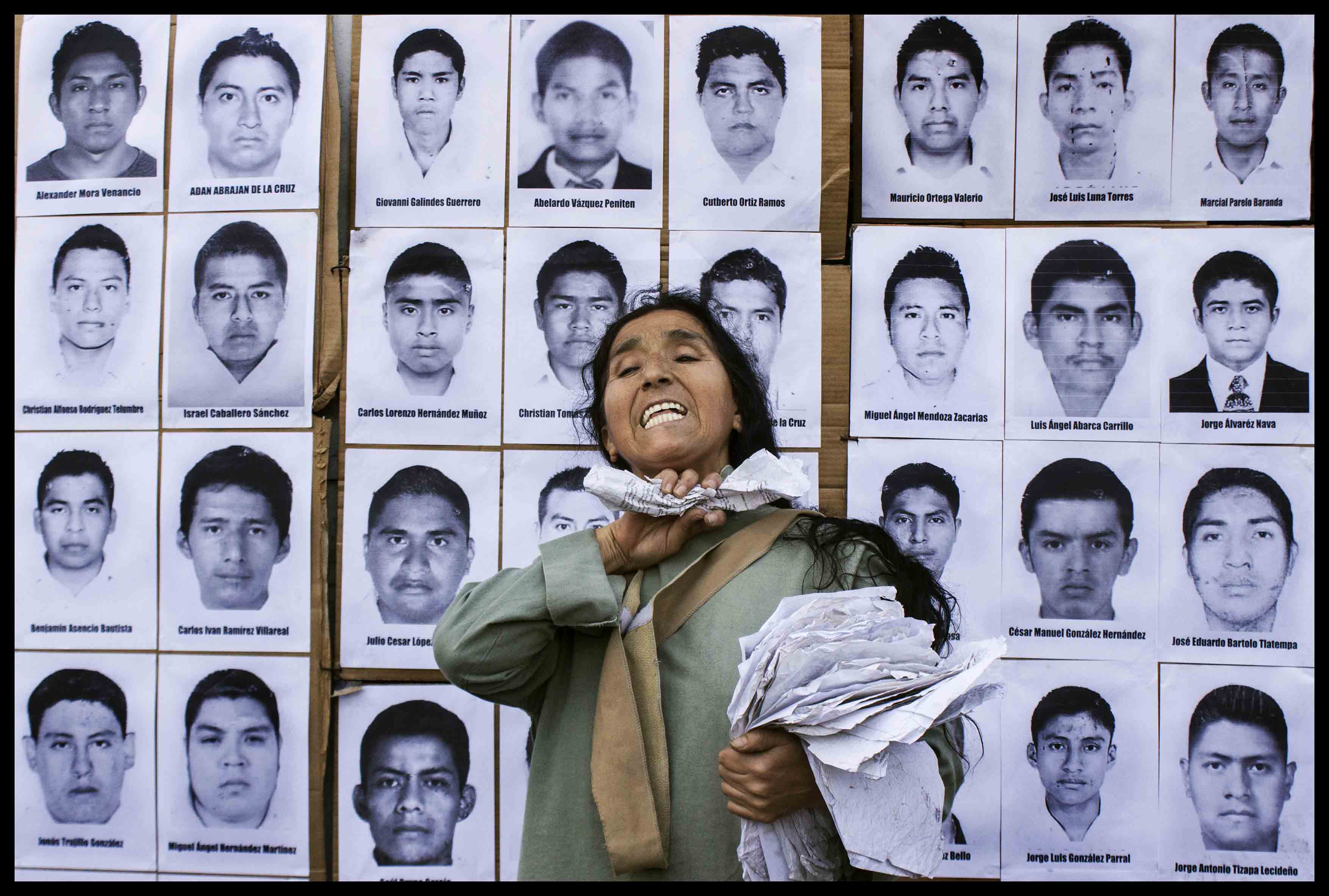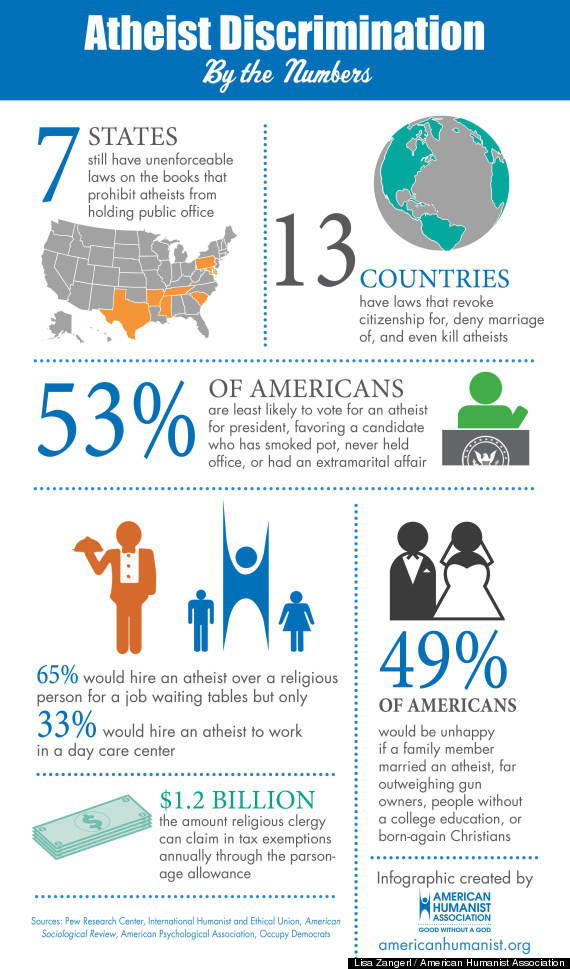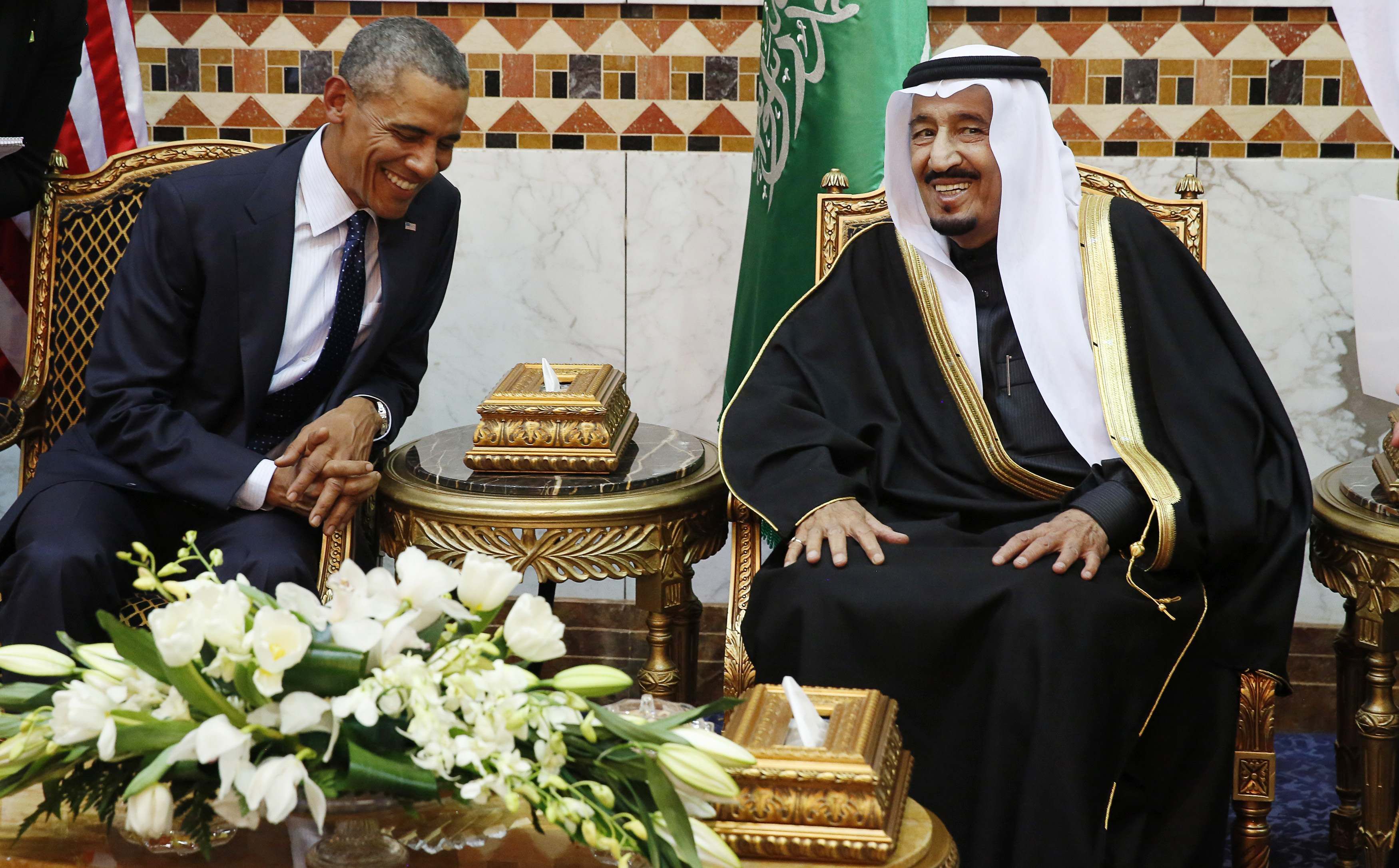
Counterbalance: When Policies Die and Elections Begin
For some, politics has always been a topic of interest. For others, it wasn’t until Kevin Spacey, Kate Mara (RIP) and Robin Wright took the screen to produce one of the most influential political drama series since the West Wing. House of Cards season 3 aired on Netflix at midnight (PST) on February 27, leaving […]








